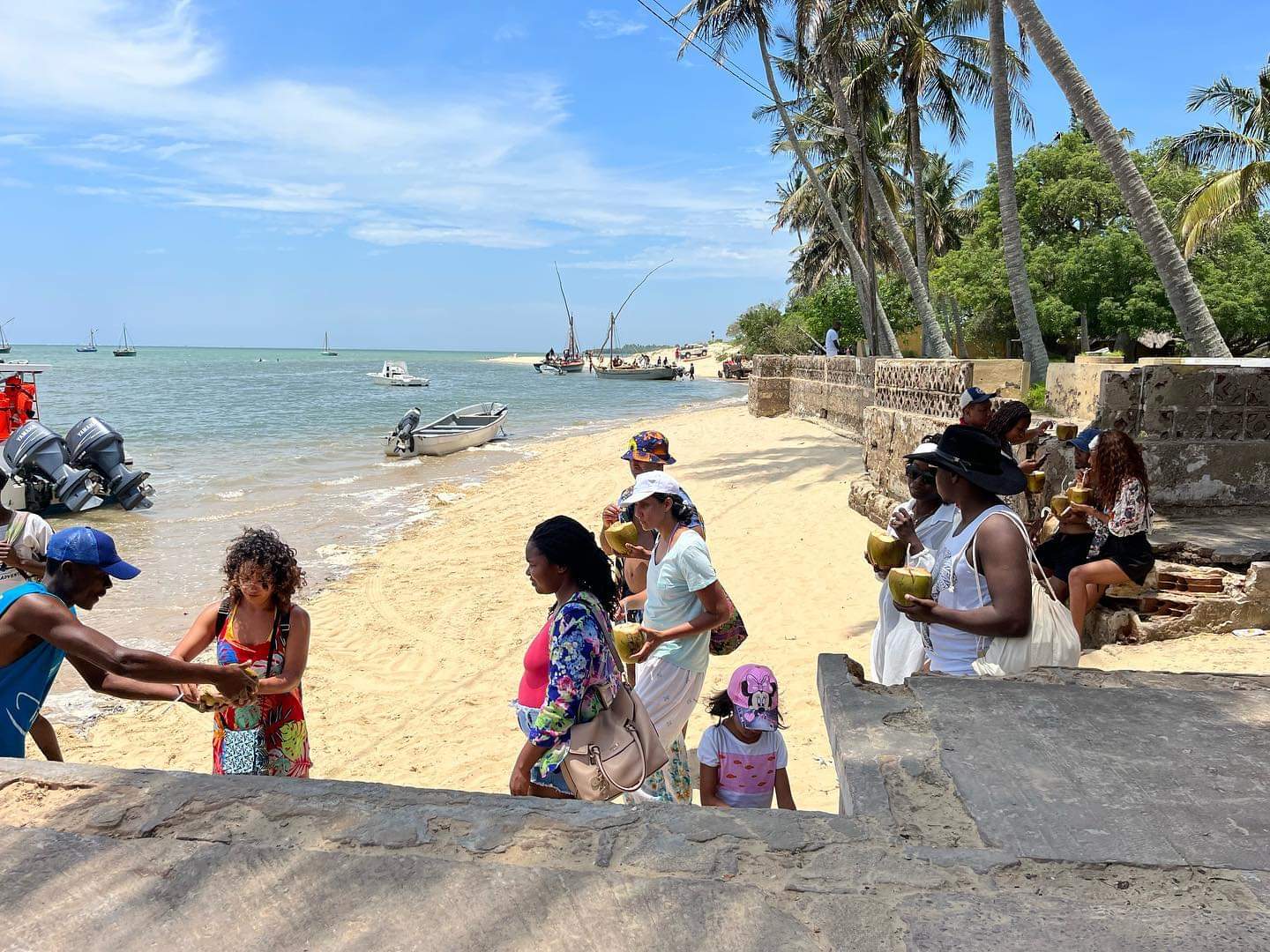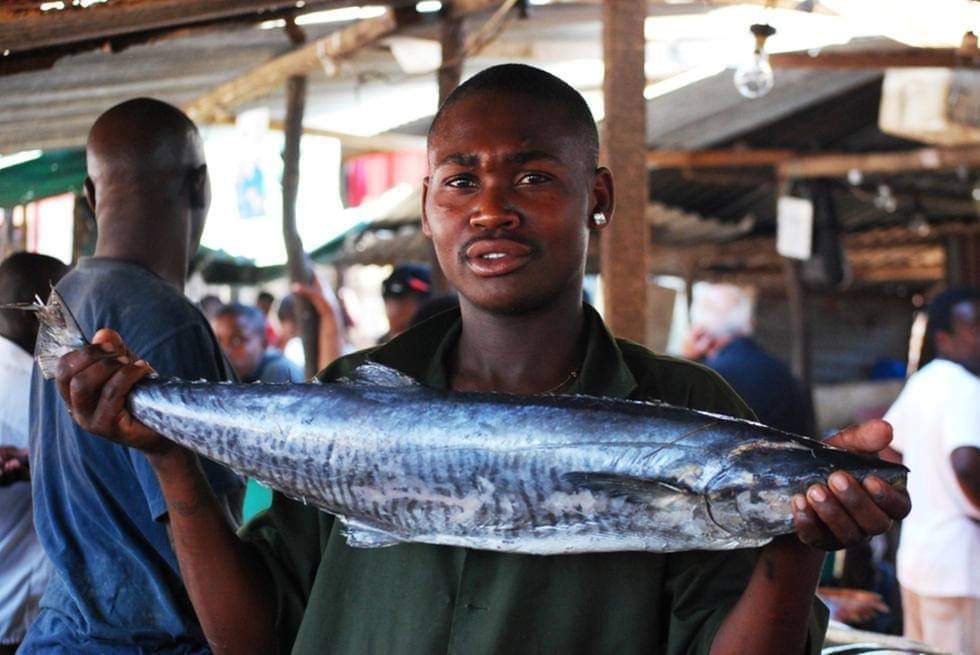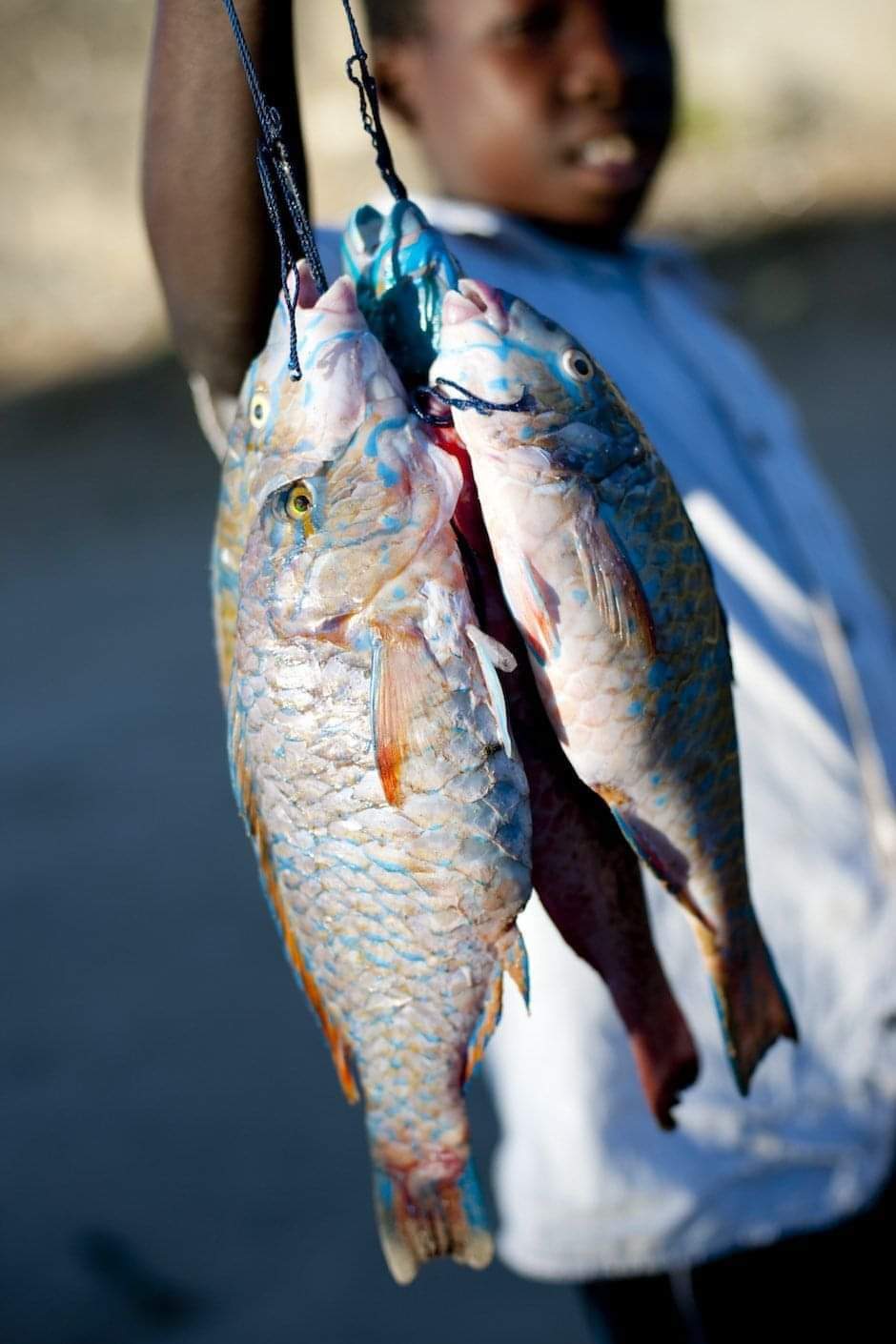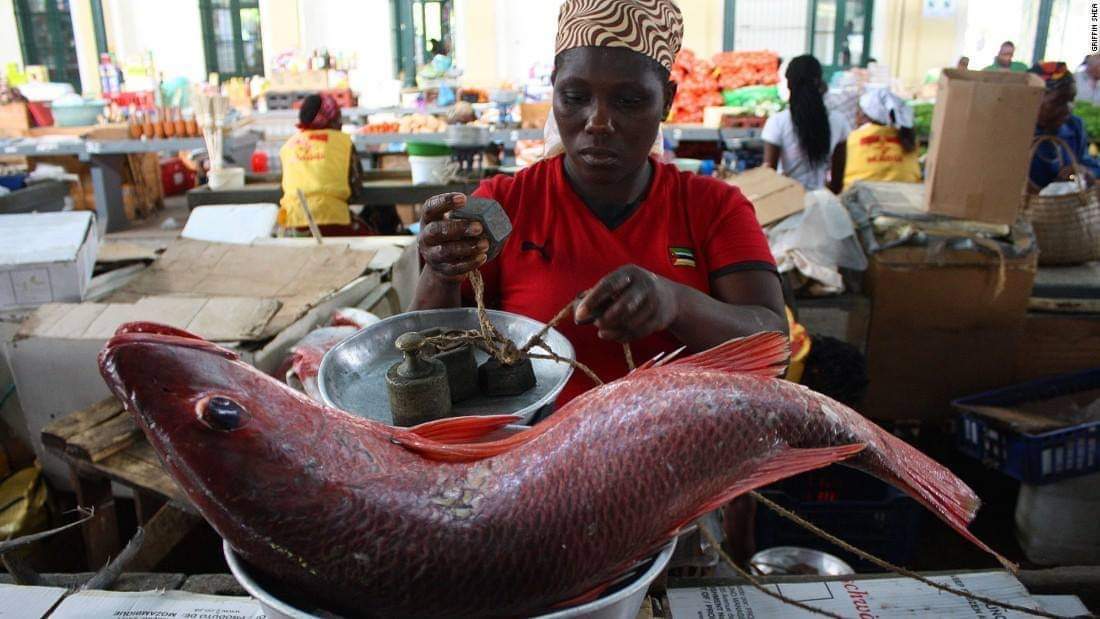The channel between Bilene Beach lagoon and the Indian Ocean, which had closed due to silting, was reopened last week in an operation involving about 300 people coordinated by local business in partnership with the Gaza maritime authorities.

The operation, which lasted about 15 hours, involved people using shovels and other digging tools to reconnect the lagoon and ocean, an intervention slated to be held regularly and of vital importance to ensuring healthy income for fishermen and women and to attract sports fishing tourism.
The involvement of the community and local businesses in the operation denotes a recognition that the action was vital to realising Bilene Beach’s potential, and involved students from the local high school cleaning up the seafront, an initiative included in celebration of World Oceans Day.

Matias Parruque district administrator and one of the organisers, said the interventions was extremely important for environmental education and contributed to maintaining the beauty that had always characterided Bilene Beach, and was the source of its attraction for the many domestic and foreign tourists who visit.
“Keeping our beaches clean is particularly important at a time when everyone is worried about climate change,” Parruque said, adding that the Bilene Beach was an excellent habitat for sea turtles and must be preserved by everyone, not just the local authorities.
To this end, the district administration has been working with environmental experts linked in order to preserve the marine ecosystem and ensure that the turtles can flourish.
“We want this site to be a true marine biological laboratory that can draw scientific expeditions with to study here,” the Bilene district administrator said.
Fishing in Bilene

Fly-fishing in Mozambique, for queenfish, ladyfish, bonefish, pompano and several species of kingfish, in the narrow channels between Bilene and Benguerra, is unsurpassed with the best season being from March to July.
Rock and surf fish include kingfish, couta, king mackerel, springer, and big garfish. Other catches include, barracuda, bludger, dorado, green jobfish, kawakawa, prodigal son, rainbow runner, skipjack and yellowfin tuna, and wahoo.
A variety of other shark species also occur offshore including blackspot, blacktip, bull, dusky, silvertip, tiger and Zambezi. Lodges in Mozambique are happy to welcome, and teach, novices while tackle and equipment is normally available to hire. Boats are fully equipped with navigational and fish finding aids in addition to all the usual safety equipment. A tag and release policy is widely encouraged.


